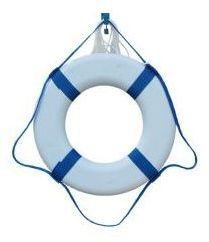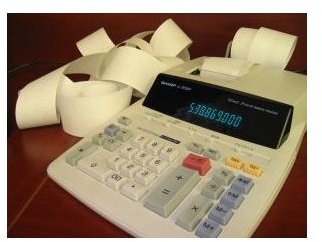Tax Advice for Self Employed: Budgeting Tips, Filing Ideas, Deduction Help and More
Getting Started
Perhaps the best tax advice for self-employed individuals is that when it comes to dealing with your taxes, there is no better time to start than immediately. If you have been working as a freelancer, independent contractor or your own home business for some time and you have not yet started paying estimated taxes, do not panic. That being said, do not wait any longer to learn about what you should be paying, how to budget for those payments and how to save on the amount that you owe each year. Once you learn more about being self-employed and paying taxes, you will realize that it is not as overwhelming as you might have feared.
Estimated Taxes
Estimated tax is the method used to pay taxes on income when they are not withheld by someone else, such as an employer. Simply put, as a self-employed individual, you estimate how much you will owe the IRS for the upcoming year and break it down into quarterly payments. To determine this amount, you must consider how much you expect your taxable income will be, as well as your deductions and credits.
The IRS provides forms and calculators that will help you determine how much you should pay each quarter. You can choose and establish a method with which to pay your estimated taxes, such as sending payments through the mail or using the Electronic Federal Tax Payment System online.
Along with self-employment taxes, there are other types of taxes you might have to pay as well, such as capital gains taxes or taxes specific to the type of business you perform. For example, an over-the-road truck driver may have to pay federal highway taxes. You may also be responsible for certain state or local taxes.
Creating a Budget

Once you have determined how much you will need to pay each quarter or as needed for other types of taxes, some good tax advice for self employed is to create a budget and set aside money every week or month. You may wish to use special software, such as Quicken to manage your money and keep track of your business-related expenses.
Another option is to think of yourself as your business’s employee - even if you are the only one. You can then determine your own salary and pay yourself on a schedule, leaving the rest of your income in a business account. Create a budget that takes not only your tax responsibilities into account but also other expenses, such as supplies, utilities and unexpected costs that are bound to occur from time to time.
Finding Deductions

Here is a sage bit of tax advice for self employed: do not wait until January to determine what deductions you can take for the prior year. As you work, spend and plan, consider every expense and determine whether it might serve as a deductible item. Many of your home based business costs may qualify as tax write-offs, so do not discard any receipt, invoice or statement without doing a bit of research first. For example, if you have a specific room or area in your home that is dedicated as home office space, you can probably claim deductions on everything from a portion of your mortgage or rent, utilities and other expenses.
There are a number of tools you can use to help you determine, claim and back up your deductions as a self employed individual. For example, if you have a printer or copier with a scanner, you can create electronic copies of receipts and invoices to safely store proof of your deductions. You can also use money- and tax-related software applications to sort, flag and categorize your expenditures.
Getting Help

Even though you may be self employed, you do not have to handle your tax responsibilities all on your own. There are many ways to receive free help with your small business taxes, such as the Small Business Administration, your local chamber of commerce and even the Internal Revenue Service.
If you prefer to try to go it alone but would like a bit of guidance, you might opt to use a downloadable or online tax program, such as TurboTax. Provided you have a good grasp on your expenses, deductions and income and are comfortable working with new software, these programs can be very beneficial.
Finally, you may want to seek the help of an accountant or tax professional. Look for someone with experience in your particular field, as he will know where to find deductions and will be knowledgeable of relevant tax laws about which you might have been unaware. A professional can also help you fill out initial tax forms if you are just starting out and enlighten you on other vital information, such as how long you should keep tax records and other important documents. Armed with this knowledge and assistance, you can get back to focusing on your work.
Photo Credits
Calculator: sxc.hu/Darren Shaw
Budget: sxc.hu/Charles Thompson
